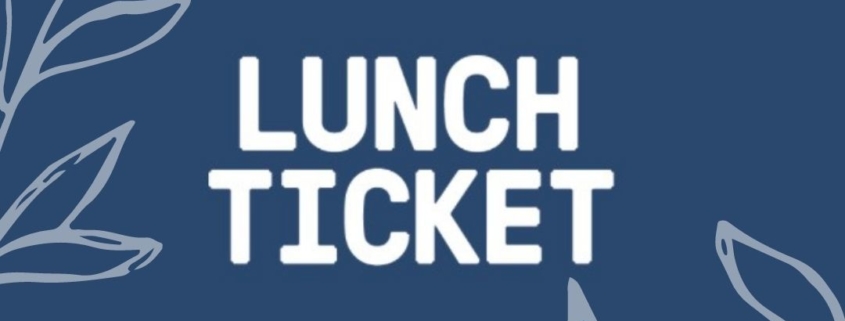The Antioch Review: Our Response
Dear Lunch Ticket readers,
The literary community has circulated a letter criticizing The Antioch Review’s recent publication of a piece by Daniel Harris, titled “The Sacred Androgen: The Transgender Debate.” If you haven’t read the piece, I cannot in good conscience recommend that you do. However, many of us have. Appalled at its ill-informed and insensitive approach to the material, for many reasons – political, personal, professional, and more – we at Lunch Ticket cringed over the essay. Our sense of social justice was inflamed by the piece’s myopic vision, and we were some of the first names of now over 4000 writers, editors, and librarians to sign the letter denouncing the essay’s transphobia. Our respect and allegiance with the transgender writers and artists among us raged at the essay’s ignorance of gender identity and the evolution of standards of care for gender dysphoria.
Alongside our rage sits a sense of deepest disheartening at the “Antioch” name association, because although we are not affiliated with that Antioch, Lunch Ticket is the student-run literary journal of Antioch University Los Angeles’s MFA program. We do not want our dismay at the similar “Antioch” names to overtake discussion of the other issues at hand. However, since first reading “The Sacred Androgen,” I’ve wanted to shout through a megaphone – It’s not us! Antioch College, and with it Antioch Review, split from our Antioch University system in 2008! Do I protest too much? I don’t think so. Clearly our visions are not aligned. Here at Lunch Ticket, we stand firm in our mission of social justice and activism. This mission reflects the deepest values of our MFA program – truly, I wish you could witness our residency seminars – and Antioch University.
At Lunch Ticket, while we value freedom of speech and expression, we also believe that every journal gets to choose what is published within its pages. Self-inquiry is a crucial component in personal essay. So, too, in any literary endeavor which comments or criticizes a group to which the writer does not belong, is research due diligence. Harris’s essay reveals vital defects in both of these aspects. If anything, “The Sacred Androgen” highlights a clear distinction between us at Antioch University and our long-lost relative, Antioch College. The contribution to literary society that we wish to make is concerned with protecting and promoting the rights and needs of those who are most vulnerable and marginalized. Perhaps if Antioch Review could come to our AULA June residency, they would understand the outcry from the literary community.
In lieu of that, we at Lunch Ticket say this: our work is not done. All of us must continue to question cultural standards, to listen to those whom we don’t yet understand, and to write the authentic stories of our lives and the lives of others with compassion, depth, and humility.
Arielle Silver
Editor-in-Chief
Lunch Ticket





